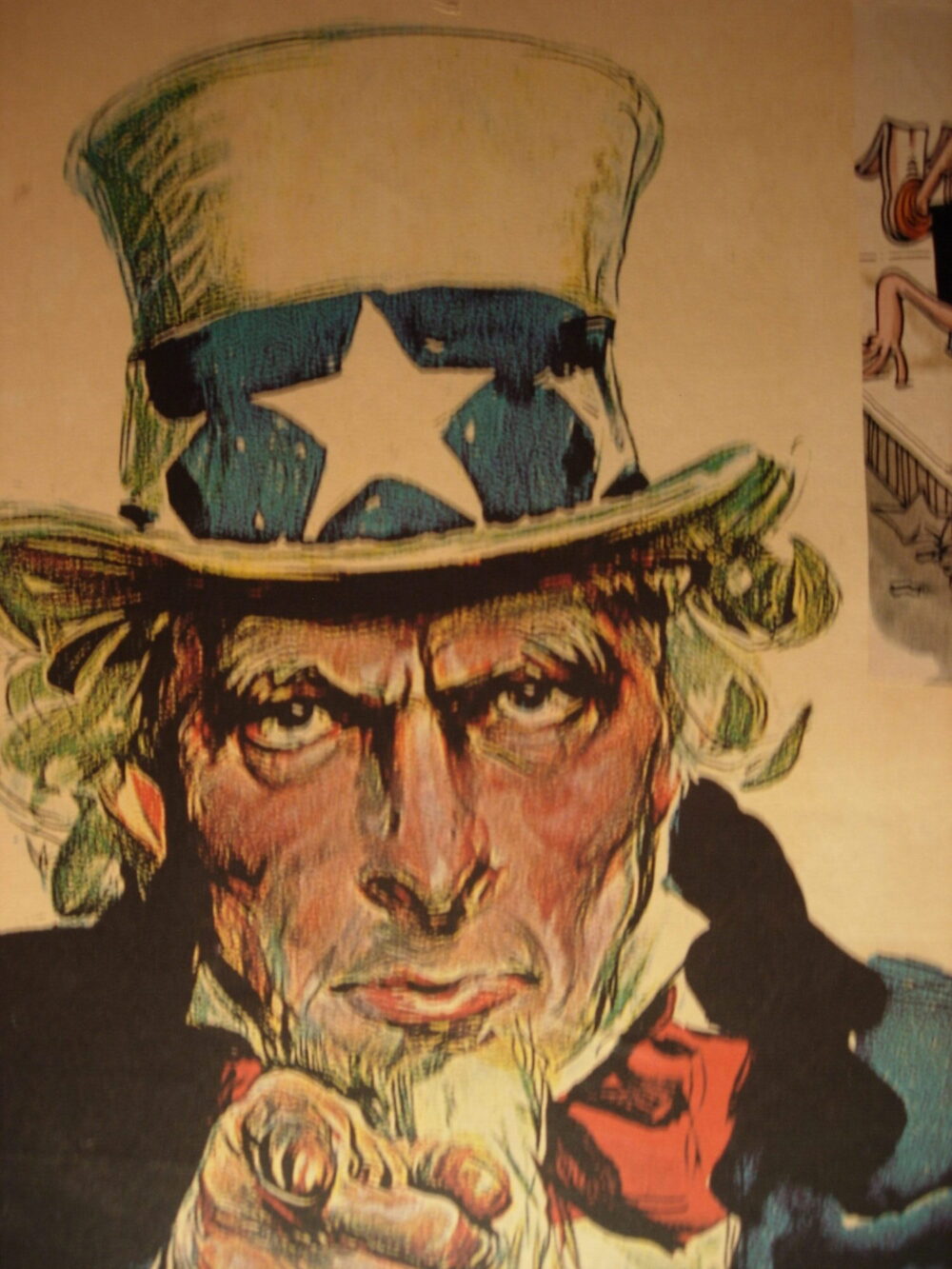Tariffic!
It’s not Procrastinomics without Economics. Here’s your lesson for today: tariffs are taxes paid by Americans to the federal government. The result is an initial financial shock to specific businesses, then a scramble to set up new supply chains. Later, we all experience persistent inflation for years while the taxes from the tariff dwindle as people find other sources – and those sources are not usually cheaper and not always domestic.
Here’s how that plays out anecdotally. I owned a steel company on the day the 25% tariffs were instituted in 2017. A container of stainless steel raw material was on a boat from Italy. The tariff got tacked on when it arrived in the US and the bill jumped by $25,000. That was my initial shock. The deals I made to sell the final products did not include a 25% tariff because there was no talk of a tariff when the deals were made eight months earlier. Kicking off the supply chain scramble, the domestic supplier raised their prices by 10-20%. Then, they cut out their small customers like us and several of our competitors. We were forced to buy domestic product from distributors at an even higher markup. The foreign mills were the only ones who would sell us container loads. The long-term inflation happened after I accounted for the higher cost and the loss of sales due to the higher cost, effectively raising our price by 30%. Our customers probably did something similar, only six months later. It takes years for the full effect of the tariff to reach the average person. So, you see where my disdain for tariffs come from. Yours should be due to the imminent and persistent inflation we will experience in the next few years.
Given the current state of affairs, my anti-tariff stance might seem political, but it’s actually philosophical. The question is really, do you think you should be taxed for buying imported goods? If you are anti-tax and/or anti-inflation, you should say no, regardless of political affiliation. I’m okay with some taxes because they pay for the things we all rely on. This tax, though, won’t make a dent in the federal budget. And before you think that a new tariff will force US companies to expand their capacities and employment to meet the new demand, consider this. That did not happen last time. There is no additional stainless steel wire rod capacity in the US. Oh, by the way, did I mention that the “domestic” supplier is a foreign company owned by one foreign billionaire. He was one of the few beneficiaries of the tariffs. Other markets may have played out differently – you’d have to look at each market individually. I blame Donald Trump for instituting the existing blanket tariffs and I blame Joe Biden for letting the mistake play out to the bitter end.
Imagine if Biden had removed the tariffs. In my case, it would have taken years to have an effect. The tariff prices got baked in. Removing a tariff would only affect the decision to buy foreign material that would arrive anywhere from 8 weeks to 9 months later. Only then could the benefit begin to be derived. The total benefit might spread out over a couple of years depending on the demand for that particular alloy. Joe Biden would not have gained much by removing the tariffs but in the long run, it would have put downward pressure on prices in the US and that’s not inflation.
If you like (or hate) what I’ve written here, you might want to read my new book Procrastination for Profit. Find it on Amazon or your (my) local library. Click here to buy now!


This is the first blog post on which I have turned on the comments. I’m very curious what you think of tariffs, not so much what you think of me! Please stay on topic. — The Mgmt